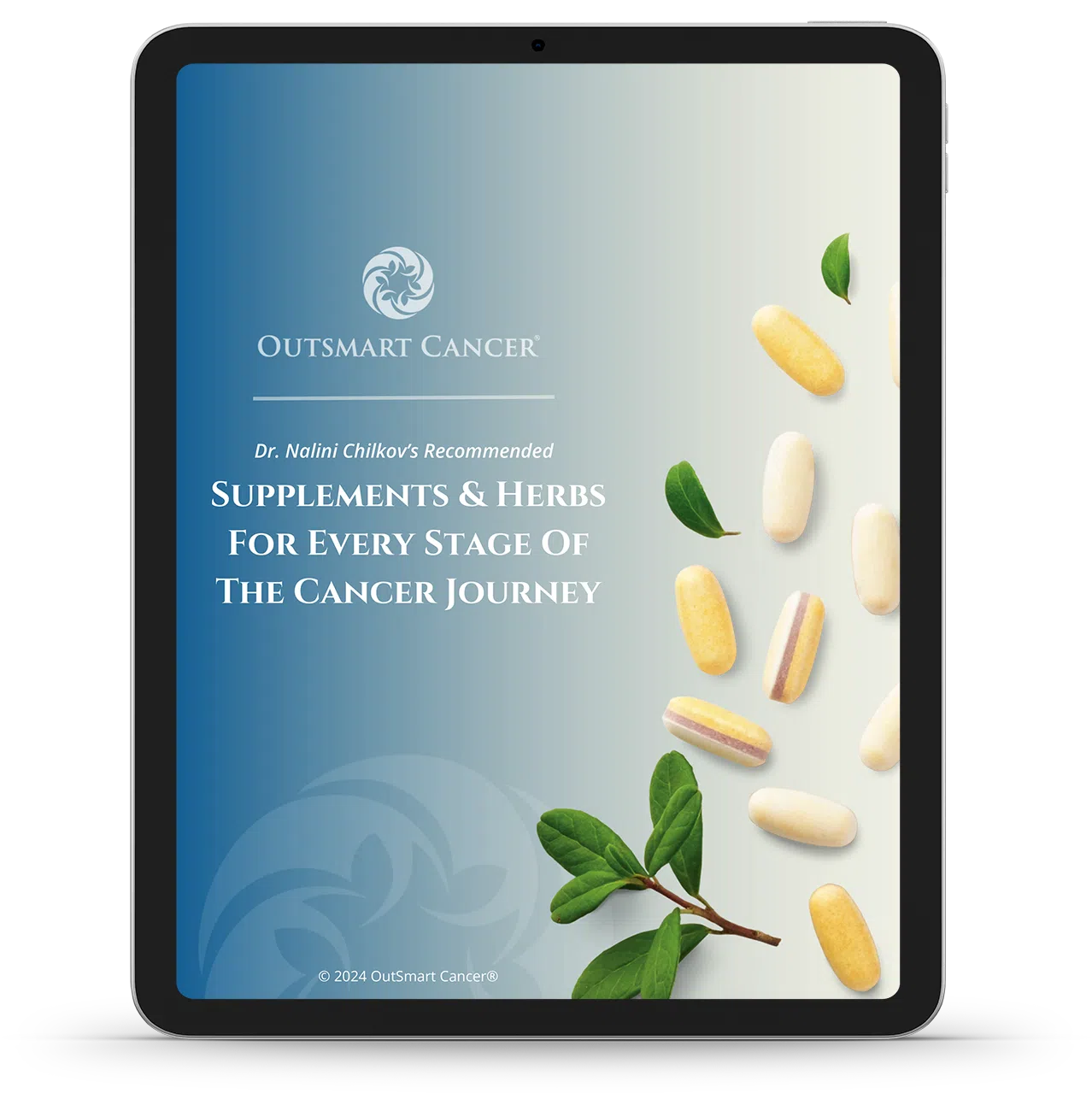
In June 2010 CA A Cancer Journal for Clinicians published research exploring the relationship between Diabetes and Cancer Risk. Type 2 Diabetes (non-insulin dependent diabetes) and Cancer share many risk factors. The researchers asked the following questions about the relationship between Diabetes and Cancer:
- Is there an association between diabetes and cancer incidence and prognosis?
- What are the risk factors that are common to both diabetes and cancer?
- What are the biologic links between diabetes and cancer?
- Do diabetes treatments influence the risk of cancer?
The researchers agreed that there is a link between diabetes and the development of cancer and the progression of cancer. The elevated levels of blood sugar and cellular insulin resistance present in diabetes combined with elevated levels of insulin and IGF-1 and elevated levels of inflammation provide an environment conducive to the growth of cancer cells and tumors. So, yes there is a connection between diabetes and cancer. If you have diabetes or pre-diabetes, you have an increased risk for developing cancer.
The researchers in this study identified the following factors that are associated with a greater risk of cancer development and progression:
- older age (as we age there is more potential for damage to our DNA and a less robust immune system
- males at higher risk than females
- overweight and obesity (a higher percentage of body fat increases inflammation which is a risk factor for cancer)
- diets high in red and processed meats (these diets tend to be higher in cancer stimulating hormones and lower in fiber and antioxidants)
- diets low in fruits vegetables and whole grains (high fiber diets reduce cancer risk and the pigments that give color to fruits and vegetables are potent anti-oxidants which protect our cells and reduce cancer risk)
- physical inactivity, sedentary lifestyle, lack of exercise (physical activity has an immune stimulating effect and increases the ability of the body to excrete and eliminate toxins by increasing sweating, heart rate, and liver and kidney metabolism, not to mention lower percentage of body fat and normal weight)
- tobacco use
- excessive alcohol consumption
This study reinforces the fact that lifestyle choices made everyday have a huge impact on the risk for both diabetes and cancer. A thorough discussion of diet and lifestyle factors related to cancer risk can be found in the excellent book ANTI CANCER: A New Way of Life by David Servan-Schreiber.
There was no conclusive link between diabetes treatment and cancer risk.
This research should reinforce the importance of lifestyle choices on cancer risk and diabetes risk.
What can you do? Start with these simple steps: Remove all refined sugars from your diet. Increase your intake of fresh fruits and vegetables and make a commitment to exercise on a regular basis. If you are a smoker, plan to to become a non-smoker. Limit your alcohol intake.
The original article can be found here




